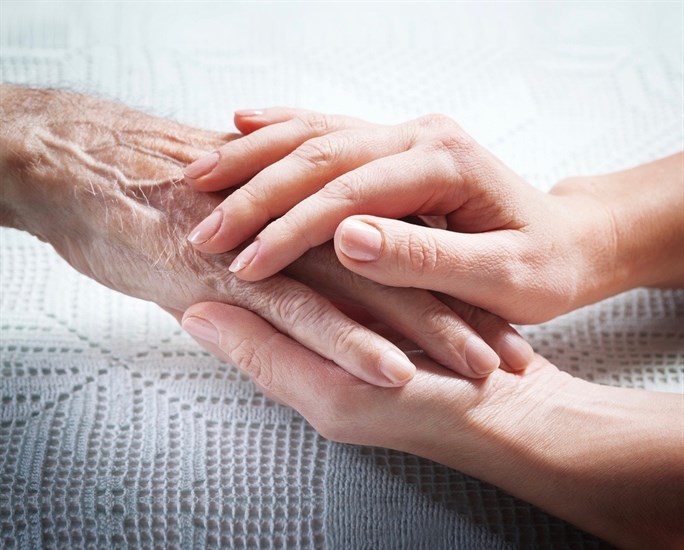
Image Credit: Shuterstock
June 27, 2016 - 11:30 AM
VANCOUVER - A 25-year-old British Columbia woman with a degenerative muscle disease is challenging Canada's physician-assisted dying law just days after it came into force.
Julia Lamb of Chilliwack has spinal muscular atrophy and fears her body will weaken to the point that she could be left in a state of intolerable suffering for years because she does not qualify for doctor-assisted death under the new law.
"My biggest fear is that if my condition suddenly gets much worse, which could happen any day, I will become trapped," she said Monday.
"I feel a shadow looming over me. I know I could lose the ability to breathe well enough on my own and require a ventilator, which could affect my ability to speak."
Lamb said she was diagnosed with the muscle disease at 16 months and required a wheelchair at age six but has lived a fulfilling life with a loving family and enjoys her part-time job as a marketing assistant.
She said she opposes the requirements of Bill C-14 that a doctor's help can only be given if death is reasonably foreseeable and the patient is in an advanced state of irreversible decline.
"If my suffering becomes intolerable I would like to make the final choice about how much suffering to endure," said Lamb, who has joined the British Columbia Civil Liberties Association in a legal fight against the new law.
Grace Pastine, a lawyer with the association, said the law excludes a class of people who are suffering with no immediate end in sight from diseases, such as muscular dystrophy, Parkinson's and Huntington's disease.
A Supreme Court of Canada ruling last year gave people like Lamb the right to end their lives with a doctor's help when pain management, hospice care and medical treatments have not helped, Pastine said.
"The new legislation has the perverse effect of forcing some critically ill Canadians to resort to violent methods or the back alley. People will find ways to end lives that have become unbearable," she said.
Dr. Ellen Wiebe said she was preparing to help another woman who qualified under the Supreme Court of Canada's definition of the law, but restrictions under Bill C-14 ended those plans.
Just three days before the woman's intended death, Wiebe says she was informed Friday that she could be prosecuted for taking part.
Wiebe says her patient was extremely upset with her and with the difficulties interpreting the new law.
"This is part of the problem with C-14. It is difficult to interpret the foreseeable future issue and I feel terrible about my part in what (her patient) went through," Wiebe says.
"I am willing to take some risks for my patients, but when the lawyer says I am at a high risk for prosecution, I say, No."
Despite the stringent wording of Bill C-14, Wiebe says she remains grateful for the new legislation and has been able to help suffering people.
News from © The Canadian Press, 2016